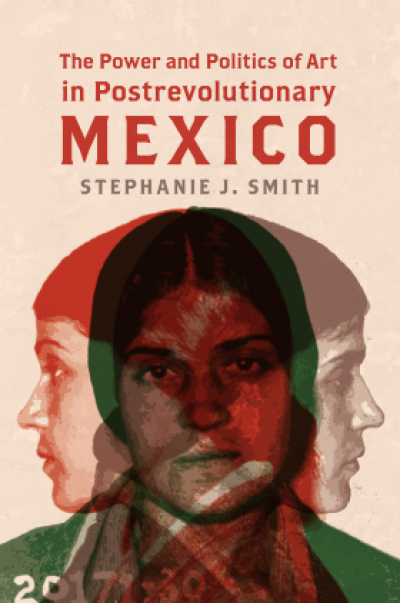The Power and Politics of Art in Postrevolutionary Mexico

Smith, Stephanie J.
University of North Carolina Press
From UNC Press: Stephanie J. Smith brings Mexican politics and art together, chronicling the turbulent relations between radical artists and the postrevolutionary Mexican state. The revolution opened space for new political ideas, but by the late 1920s many government officials argued that consolidating the nation required coercive measures toward dissenters. While artists and intellectuals, some of them professed Communists, sought free expression in matters both artistic and political, Smith reveals how they simultaneously learned the fine art of negotiation with the increasingly authoritarian government in order to secure clout and financial patronage. But the government, Smith shows, also had reason to accommodate artists, and a surprising and volatile interdependence grew between the artists and the politicians.
Purchasing Information
Page count: 292
Investigators
Filters: 2017
